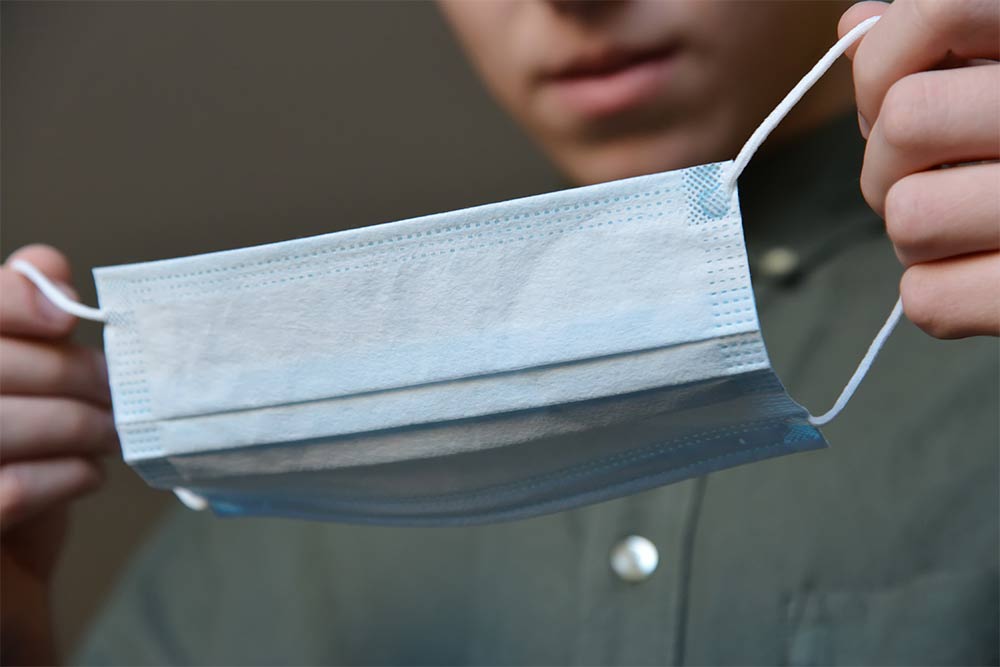We are seriously considering which category this article fits into… We are going to speak about “masks”!
In Japan, usually around November, it gets quite cold in the whole country. In December, with the wind getting increasingly stronger, winter approaches, and so does the cold weather. The Japanese winter climate is characterized by dry air. Despite low temperatures, if you hang your laundry outside in the morning, you will be surprised that it dries faster than in the summer. The dry air easily provokes inflammations of the oral cavity and the throat. Due to home heating, the air is not only dry outside but also inside. These conditions foster the spreading of bacteria and viruses that become the cause of a cold. To prevent a cold, handwashing and gargling are often mentioned. Recently, hydration has also been emphasized as an essential precautionary measure. Frequently hydrating allows you to protect your mouth and throat from drying.

Especially during the winter season in Japan, many people wear masks. This is true, especially in urban areas that are crowded with people. The sight of people wearing masks is usually quite surprising for travellers. Some people might automatically think that all the people wearing a cover have a cold and conclude that that is the main reason why people are wearing a mask. However, we believe that it would be misleading to think that all people wearing a mask have a cold. People wear a mask for the reasons mentioned above, in order not to get exposed to any bacteria and viruses and to prevent a dry mouth and throat. So, it is often a case of wearing it for prevention or to make sure not to pass one’s bacteria to other people rather than a sign of having already caught a cold. Moreover, towards the end of January, people wearing masks rise due to pollen allergy.
Not knowing why people wear masks might make it a funny sight the first time. Even if you do know the reasons, it is still quite an interesting view. In any case, it is a sight to will get familiar to if you visit Japan in the winter season.




_op.png)
_001.png)
_002.png)
_003.png)
_004.png)
_005.png)
_006.png)
_007.png)
_op.png)
_001.png)
_002.png)
_003.png)
_004.png)
_005.png)
_006.png)
_007.png)
_008.png)
